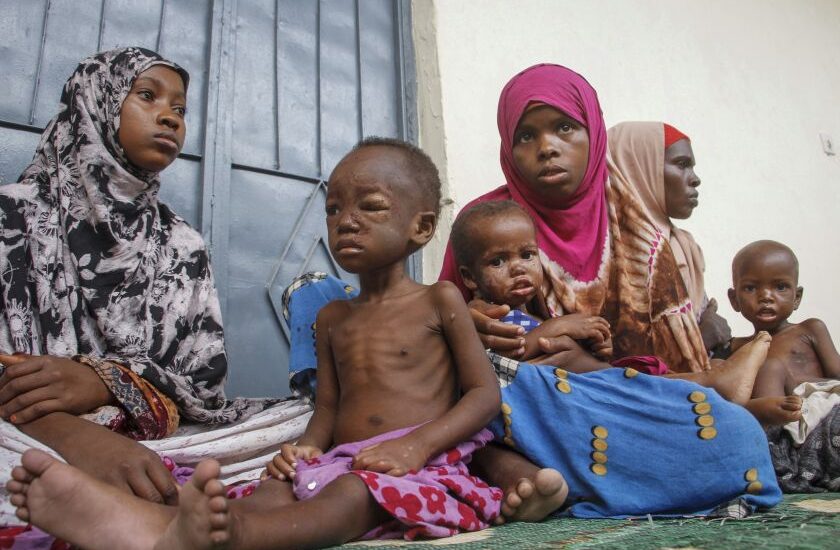- November 1, 2022
- Posted by: humanitarianweb
- Category: Humanitarian News

The International Rescue Committee (IRC) is warning of the catastrophic consequences of Russia suspending its participation in the UN-brokered grain deal. With the war in Ukraine altering the global patterns of food production and supply, the inflation in low-income countries has surged to almost 90%, with 345 million people estimated to experience acute food insecurity this year. Critically, as tens of millions of people continue to experience extreme hunger in East Africa and Somalia teeters on the brink of famine as a result of the worst drought in 40 years, the renewed blockade will continue to impede the import of 80% of grain imported from the Russia-Ukraine region, thereby driving further hunger.
Shashwat Saraf, IRC’s East Africa Emergency Director, said:
“The renewed blockade is prompting grave concerns about the growing global hunger crisis, especially in East Africa where over 20 million people are experiencing hunger or in places like Yemen which relies on Russia and Ukraine for almost half its wheat import and where over 19 million people need food assistance. The UN-brokered deal brought a ray of hope – now this hope is shattered again – the recent suspension of grain exports will hit those on the brink of starvation the most. Like Yemen, the East Africa region relies on Russia and Ukraine for much of its wheat imports and as Somalia teeters on the brink of a catastrophic famine, a further disruption of critical grain exports could push Somalia over the edge by impacting affordability and availability of grain within the region.”
According to official reports, since lifting of the blockade on 1 August, 8.5 million tonnes of critical foodstuffs has been shipped from ports to countries in Africa, Asia and Europe, unlocking almost half of wheat previously held at the Ukraine’s Black Sea ports. Amidst the recent escalation of violence in Ukraine, the IRC calls on the international community to ensure regular and predictable food shipments urgently reach those who need it most, including those on the brink of starvation in regions such as East Africa and Yemen.
Renewed shipments will again provide a fraction of ease to the world’s most vulnerable, but a joint global response and focused attention and resources for areas most at risk of famine and hunger including those in East Africa is critically and urgently needed. With a fifth failed rainy season on the horizon in East Africa, it is imperative that families most in need can access nutritious food.
The IRC launched an emergency response to the crisis in Ukraine in February 2022 and has been working directly and with local partners to reach those most in need. We are in Ukraine, Poland and Moldova, scaling up our winter response, delivering emergency kits and medical items, and providing vital services such as cash assistance, mental health support, and safe spaces for women and children. In East Africa, the IRC is implementing a drought response plan, supporting over 1 million people with essential nutrition, health, water and sanitation and cash assistance services.
